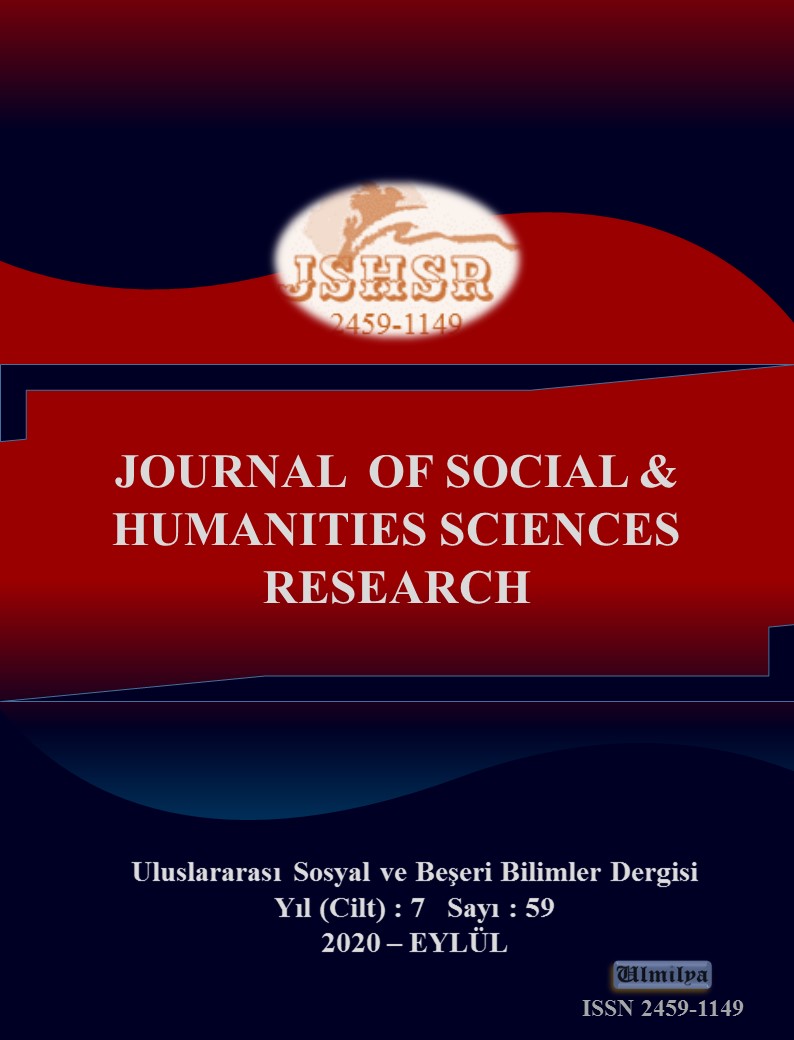AN INVESTIGATION OF THE PSYCHOSOCIAL EFFECTS OF THE PANDEMIC PROCESS ON THE THEOLOGY STUDENTS IN TERMS OF VARIOUS VARIABLES
DOI:
https://doi.org/10.26450/jshsr.2064Keywords:
Psychology Of Religion, Pandemic, Theology, Religious DevelopmentAbstract
It is an accepted prediction that religion is one of the determining factors in shaping the psychosocial world of man. The ability
of a person, who has experienced a development process in terms of physiological, social, emotional, linguistic and cognitive
as well as religious aspects, to form a balanced personality and to be healthy in all aspects is a matter that is shaped by the
success of the development process. In this respect, it is religious education that has the potential to directly affect the expected
contribution of religion to human beings, religious development and the positive or negative aspects of the relationship it
establishes with religion. While a quality religious education finds positive touches in life depending on the positive meaning
attributed to religion; A poor quality religious education corresponds to many psychosocial problems in life. It is possible to
show the psychological health level of religious educators as one of the factors affecting the quality of religious education.
Psychologically unhealthy religious educators cannot be expected to contribute to individuals' establishing a positive
relationship with religion. In this context, our research aims to investigate the psychosocial effects of the global epidemic
pandemic process, which is seen to be the source of various fractures in the psychological world of human beings, as in all
dimensions of social life, on theology students who are candidate religious educators. The research sample consists of a total
of 358 Theology students, 222 (62%) girls and 136 (38%) boys, who randomly participated in the questionnaire we organized
interactively. With the "personal information form", the data obtained using the "Pandemic questionnaire" consisting of twenty four items aimed at determining the psychosocial levels of the students of Theology during the pandemic process, were
determined in the SPSS program by frequency, arithmetic mean, standard deviation; As the survey values were not within the
normal distribution score range, the Mann Whitney U, Kruskal Wallis H and Post hoc analysis procedures, which are among
the nonparametric tests, were performed with the significance level of p <0.05 and the following results were obtained: The
effect of the variables "gender, class, curriculum, geographical area, and willingly choosing the theology faculty" on the
psychosocial state of the sample during the pandemic process is not statistically significant; The difference between "taking
religious reference in economic situation and life" variables is significant; In the questionnaire, it was determined that the item
“Frequency of thinking about death” during the pandemic process reached the highest effect on the sample.
Downloads
Published
How to Cite
Issue
Section
License
Copyright (c) 2020 INTERNATIONAL JOURNAL OF SOCIAL HUMANITIES SCIENCES RESEARCH

This work is licensed under a Creative Commons Attribution 4.0 International License.


